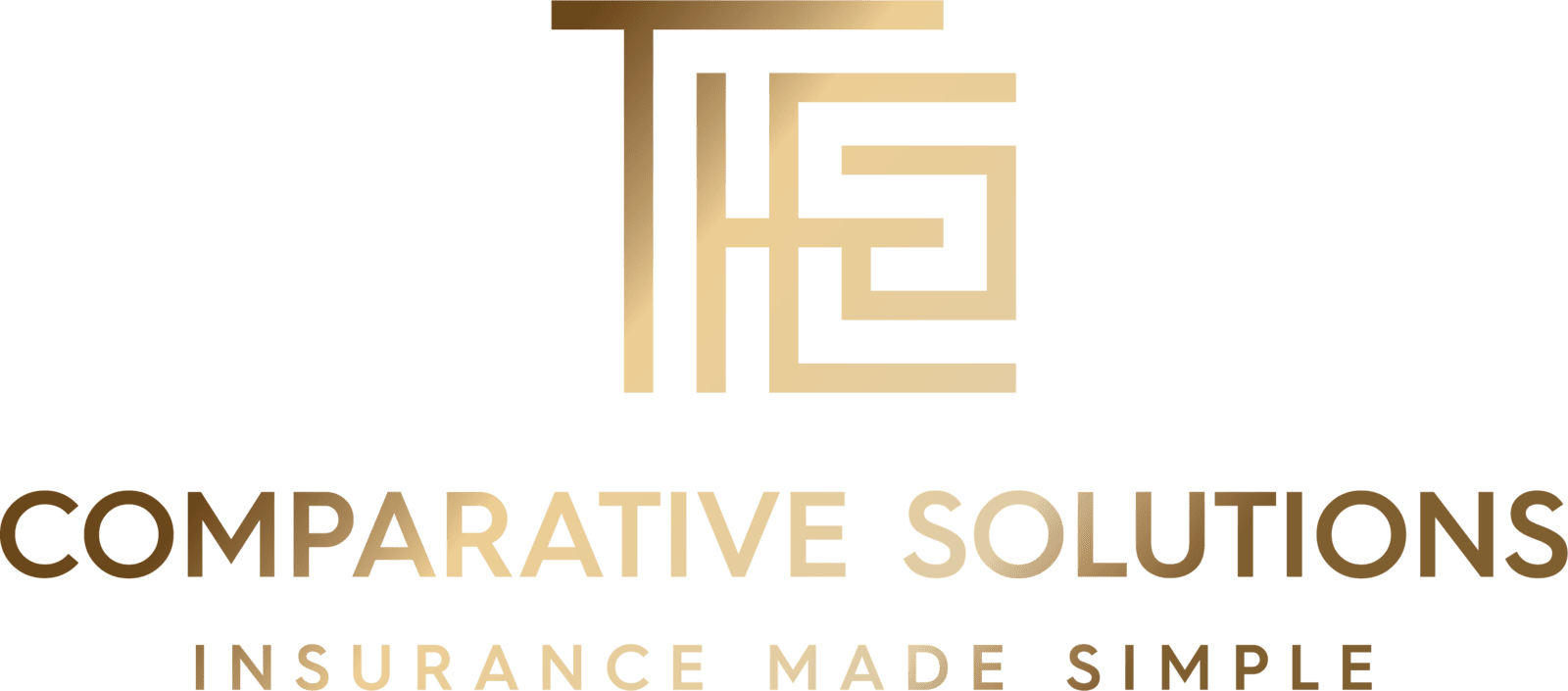Employers searching for ways to provide affordable benefits coverage for employees may find that an HRA, ICHRA, or QSEHRA account is the perfect solution.

We’ve lived through a year filled with economic downturn, unexpected illness and death, unpredictable healthcare costs, and social unrest and upheaval. By October 2020, more than 60 million people filed for unemployment, losing both jobs and healthcare coverage. As the nation begins to rally and recover, people are looking for ways to save money on necessary health coverage as they get back on their feet, and employers are searching for sufficient, affordable options to offer their teams while keeping their own doors open.
The Special Enrollment Period (SEP), currently underway from February 15 – May 15, 2021, is the perfect opportunity for employers to consider non-traditional options for employee benefits. With affordability and flexibility as top priorities for everyone, HRA, ICHRA and QSEHRA benefit accounts will likely see a rise in enrollment rates. They are flexible account options that can be structured meet the needs of a variety of people in different circumstances. Employers searching for ways to provide affordable benefits coverage for employees may find that an HRA, ICHRA, or QSEHRA account is the perfect solution.
Traditional HRAs
You may already be familiar with HRA accounts, as they have been around for a little while and are growing in popularity. Health Reimbursement Arrangements (HRAs) are a type of healthcare benefit account that is owned and funded exclusively by employers. Employees do not pay into an HRA, but they can use the funds in this account to cover eligible medical expenses for themselves and their dependents.
These benefit accounts afford employers more flexibility in designing the benefit plans they offer employees. HRAs are not health insurance and cannot be used to pay insurance premiums, but because employers can structure them in ways that can be most beneficial for their employees, they are often pair these accounts with an employer’s health insurance plan, especially High Deductible Health Plans (HDHPs), to help employees pay for medical costs not covered by their health plans.
These include:
- Coinsurance and deductible expenses
- Dental and vision care
- Visits to specialists or alternative medical practitioners, such as chiropractors or physical therapists
- Medications, whether prescription drugs or over the counter items.
Traditional HRA accounts can be set up so that employees can use them one of two ways. They can either:
- draw from their HRA account funds and use those entirely before paying any out-of-pocket costs (or using HSA/FSA funds), or
- pay for their own medical expenses, either out of pocket or with HSA/FSA funds, until they have reached a specific threshold determined by the employer. After this threshold has been met, the HRA funds can be used until they run out.
What is an ICHRA?
ICHRA stands for Individual Coverage HRA (health reimbursement arrangement). An Individual Coverage HRA is different than a traditional HRA in that it is can be coupled with a traditional health plan or take the place of one. It can be used as an alternative to a traditional group plan offered through an employer because an employee can use it to purchase healthcare coverage on the marketplace and then be reimbursed for their insurance premiums along with other eligible medical expenses.
Because of the flexibility these plans offer and the fact that they can be used by employers of any size, they are finding favor amongst the agriculture, hospitality, and restaurant industries. Employers can offer this type of account to all their employees or different classes of employees within their organization, but they cannot offer an ICHRA to an employee who is also offered a traditional health plan. Small and mid-sized companies may decide to offer an HRA in place of a traditional health plan to give employees more affordable options. Larger companies can offer them to different classes of employees to reduce costs by avoiding Applicable Large Employer taxes, fees and penalties. The groups an employer to whom an employer can offer an ICHRA include:
- Salaried employees
- Hourly employees
- Full-time employees
- Part–time employees
- Seasonal employees
- Employees covered by collective bargaining unit
- Employees who have not satisfied a coverage waiting period
- Nonresident aliens with no US-based income
- Employees of an entity that hired the employees for temporary placement at another entity (temporary worker rule)
- Employees whose primary site of employment is in the same rating area. The rating area is defined as the rating area used for ACA premium rating requirements in the individual market. This allows employers to offer or vary benefits based on worksite location.
- Any combination of two or more of the above classes.
There is no reimbursement maximum, but employers can determine a cap. Employees and covered family members must enroll in individual health plans or Medicare for every month that they are enrolled in an ICHRA. (It just cannot be short-term, limited-duration insurance.) ICHRA benefits are also pre-taxed, just like traditional healthcare benefits, so any reimbursement from an employer does not count toward an employee’s taxable wages.
ICHRAs provide more flexibility for employers and provide many people with more options for affordable health care, including those employed by small businesses, as ICHRAs can be offered by employers of any size. Many employers offer only one health plan to their employees; an ICHRA would allow employees to shop around for the coverage that best meets their needs.
What is a QSEHRA?
QSEHRA stands for Qualified Small Employer Health Reimbursement Arrangement. While this benefit has been around for , with the release of ICHRA accounts, it has recently received more attention as a way for small businesses and non-profit organizations to offer healthcare coverage to their staff, as well. Like a traditional HRA, these accounts are not health insurance coverage, but they help offset the costs for medical expenses, including premiums.
A QSEHRA allows employers to set aside a certain amount of money each month to reimburse employees for healthcare expenses, whether insurance premiums or other medical expenses, and the reimbursements are available tax-free for everyone. This means employers can offer benefits without having to administer or pay the hefty costs associated with a traditional group health plan, and employees can choose a health plan that works best for their needs.
A QSEHRA is a great option for several reasons. Not only does it allow employers to control and specifically budget how much money is allocated to healthcare coverage each year, it also gives employees the freedom to choose what works for them. Many traditional group plans can feel like a one-size-fits-all solution that doesn’t adequately meet everyone’s needs. With a QSEHRA, employees can choose their own health plan or use the reimbursement funds to cover premiums for coverage on a spouse’s health plan. Because they are tax free, they make more money available to employees than what they would receive through a health stipend or a salary increase.
HRA Administration
The current Special Enrollment Period is the perfect opportunity to structure new benefit plans. Comparative Solutions can help you set up and manage your HRA accounts so that employees can use this SEP to choose health plans that fit their needs and budget. From verifying eligibility and handling reimbursement claims to providing notices and keeping records, we will manage the details, so you can focus on managing your business. Not only do we offer HRA administration, but we also provide Commuter, HSA, FSA, Compliance, and COBRA benefits administration. Whatever you're looking for, we've got you covered. Contact Comparative Solutions today to get the ball rolling!




